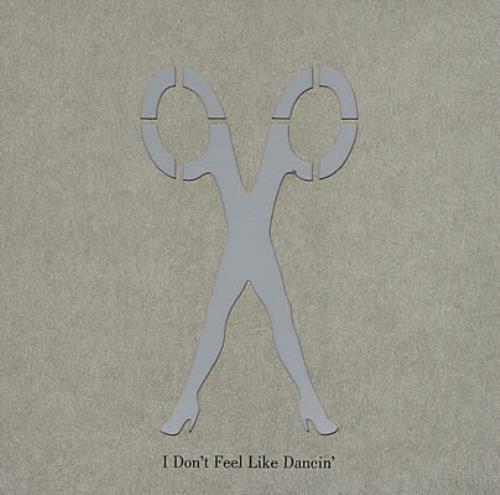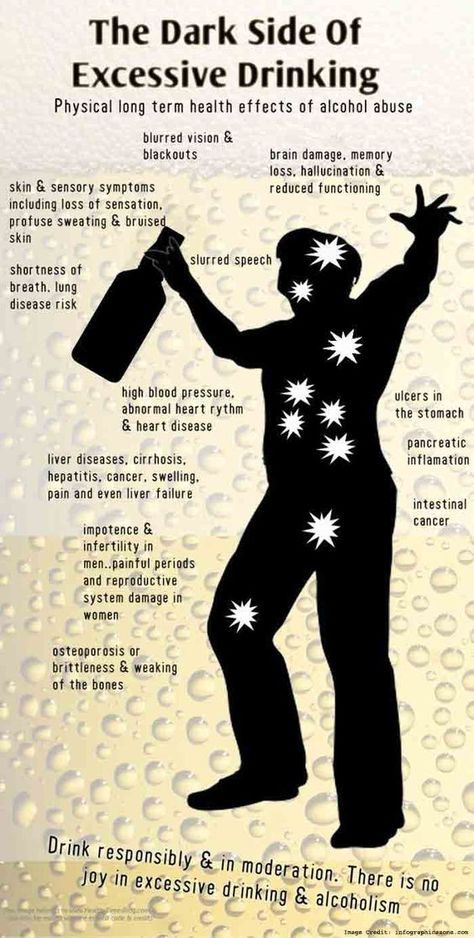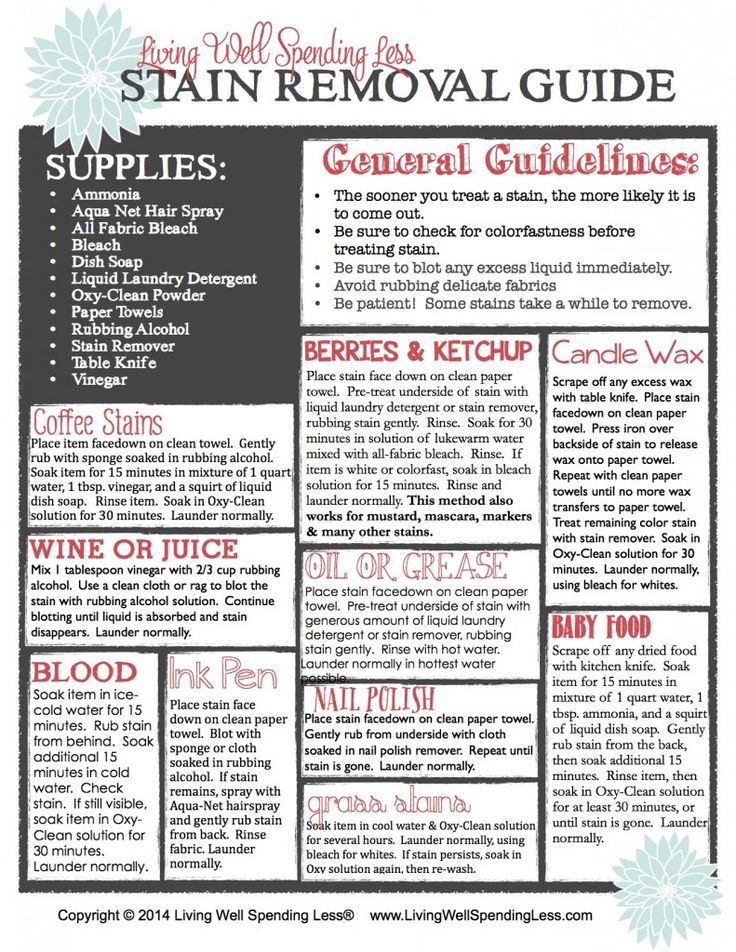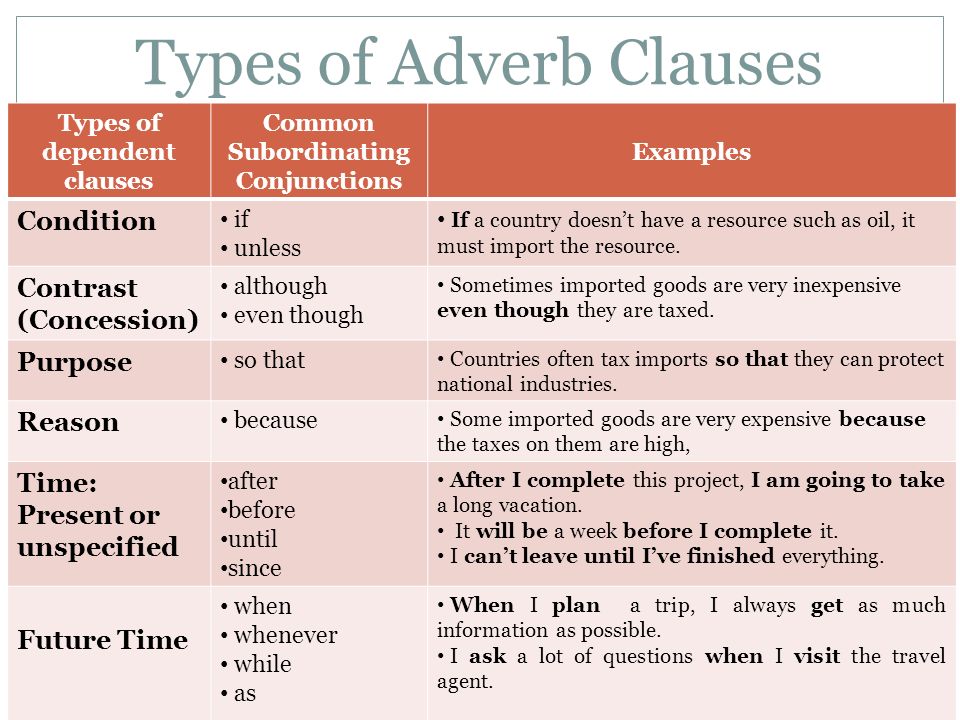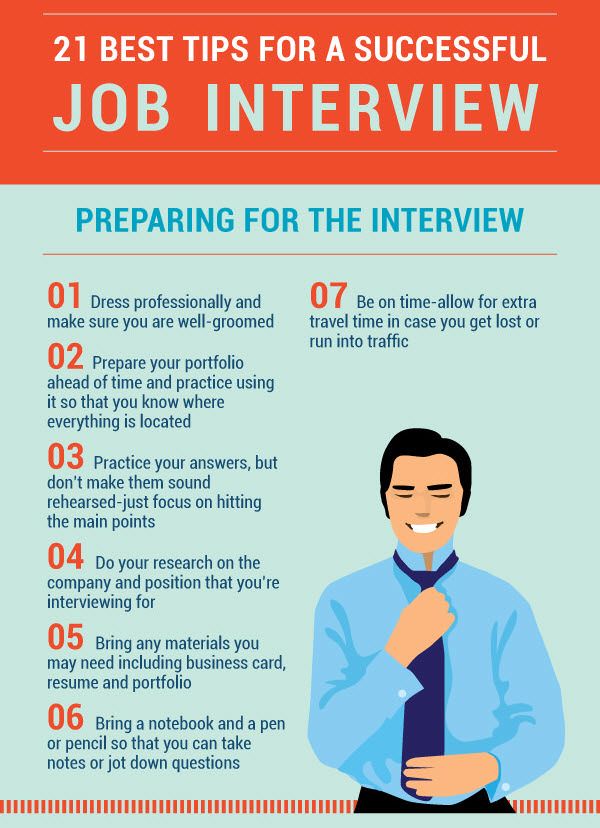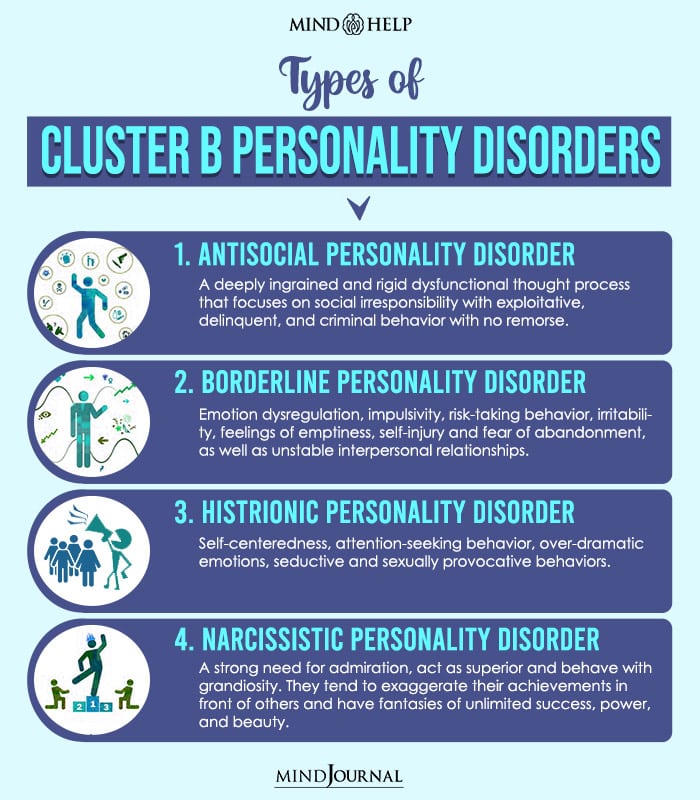How to be practical
10 practical tips on being more effective every day
Posted by learnlocal & filed under Blog.
Are you feeling under pressure? Understanding ways to become more efficient and productive goes a long way towards easing workload and time management challenges.
Here are 10 practical tips on how to be more effective in your daily routine.
1. Mess creates stress
Did you know that tennis superstar Andre Agassi never let anyone touch his tennis bag because he knew that if it got disorganised it would distract him from his match?
2. Set clear goals
Set a list of goals for each day and take 5 minutes every morning to go through them so you know what you need to do.
3. Find your best time
Are you a morning person? Do you think better at night? Maybe you can’t concentrate if you’re hungry, or are sluggish after lunch? Find out what your peak energy hours are and save those precious timeslots for your best work.
4. Negativity, be gone!
Don’t be afraid to remove negativity (and negative people) from your life. You don’t need them to steal your enthusiasm and waste your energy.
5. The importance of a routine
Set a routine and stick to it. Find out what works for you and do it every day.
6. Don’t be afraid to say no
Understand that productive people can’t say yes to everything, whether it’s social engagements or that extra work commitment you know you shouldn’t take on.
7. Stop multi-tasking
You might think your ability to multi-task makes you more efficient, but research has shown that all those distractions actually make you less effective, and is the same effect as if you drop your IQ by 5 points!
Focus on one thing at a time.
8. Take care of yourself
Exercise, a good diet, and rest are often the first few things to be sacrificed when you’re under stress, but these are all key to being a more effective person.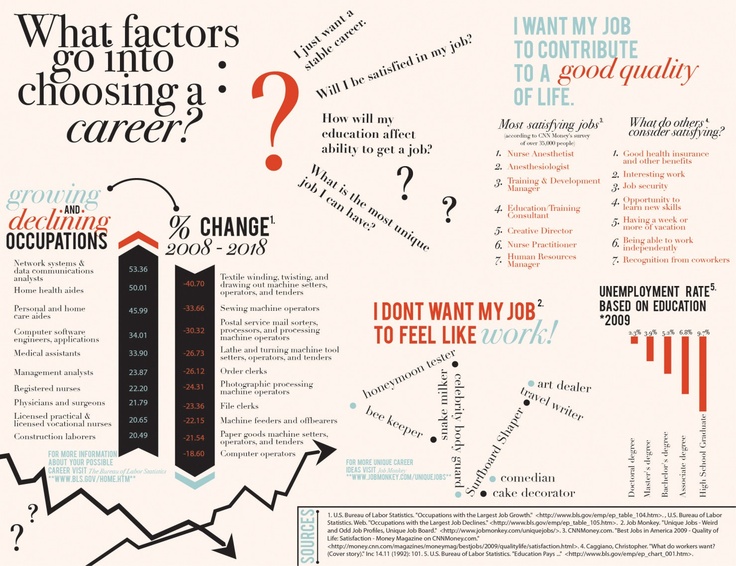 Also, avoid sugar as much as you can because it simply isn’t good for an efficient brain, and you can’t be effective if your brain isn’t performing at its best.
Also, avoid sugar as much as you can because it simply isn’t good for an efficient brain, and you can’t be effective if your brain isn’t performing at its best.
9. Work in blocks
Working in blocks of 90 minutes at a time, with 10 minutes in between to recover and refuel, is a top productivity trick that more and more people are adopting. There’s a good reason for that – it works!
10. Watch less TV (or throw it out altogether!)
Watching TV does nothing for your productivity. There’s nothing wrong with taking an hour to unwind after a long day, but anything more than a couple of hours is probably too much.
The next course you excel in might be one undertaken at a Learn Local provider! If you would like to undertake further training or learning near where you live, the Learn Local network can help. Learn Local providers offer adult learning courses in local communities across Victoria. Visit the Learn Local website to discover a Learn Local provider near where you live:
http://learnlocal.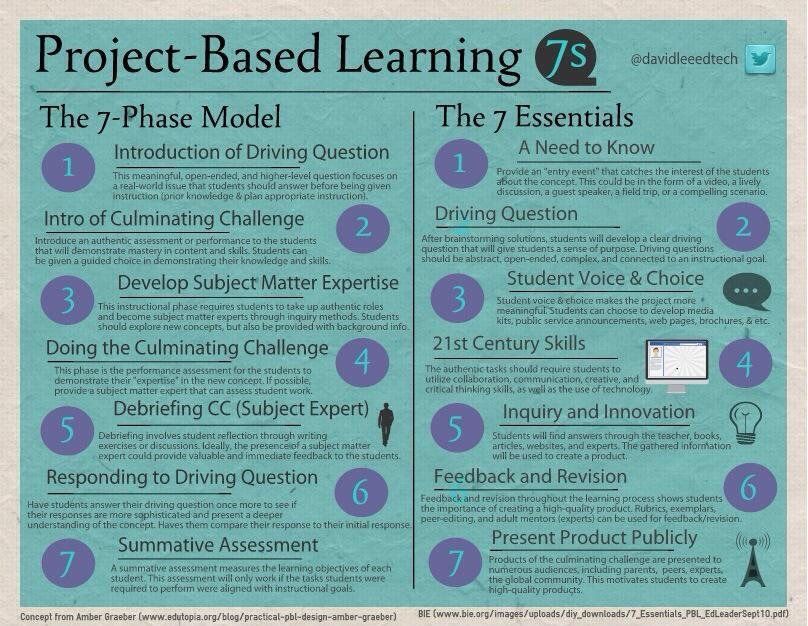 org.au/find-a-learn-local/
org.au/find-a-learn-local/
References:
http://www.robinsharma.com/blog/09/become-the-most-productive-person-you-know/
http://www.mensfitness.com/training/pro-tips/25-ways-make-your-brain-more-efficient
Do You Know How to Be Practical?
Source: Pixabay, CC0 Public Domain
In my most recent Psychology Today article, I wrote, Do You Know How to be Resilient? I was pleased that the editors selected it as an Essential Read. So I figured I'd do two parallel articles:
Do You Know How to Be Motivated?
And today, Do You Know How to Be Practical?
Taking this inventory may help you decide whether you want to be more practical and if so, what specifically you want to do:
1, Do you realize that prestige is rarely worth the price?
Career. Sure, it’s fun to tell friends and family you’re a doctor, lawyer, or environmental pooh-bah. But the competition, cost of training and then pressures of being in the profession often outweigh the prestige, even if you end up successful. Many unhappy doctors, lawyers, and environmental higher-ups, not to mention frustrated actors, musicians, and writers see me for career coaching.
Many unhappy doctors, lawyers, and environmental higher-ups, not to mention frustrated actors, musicians, and writers see me for career coaching.
A Wall Street Journal article, "Why Doctors are Sick of their Profession," reports, for example, that in a survey of 12,000 physicians, only 6% described their morale as positive!
Positive psychology guru Martin Seligman's article, "Why are Lawyers So Unhappy" cites a Johns Hopkins study that found that law topped the list of 103 high-depression careers and another study reported that 52% of lawyers are unhappy.
People are more likely to be happy if pursuing a career that's less cool and more under-the-radar. That’s because career contentment mostly derives from having good job stability, reasonable pay, moderate pressure, and good learning opportunities. You’'ll more likely get that in a career in which hundreds of people aren't vying for a decent job. That’s why I like careers such as haircutter, audiologist, and manager/leader/owner in an under-the-radar field.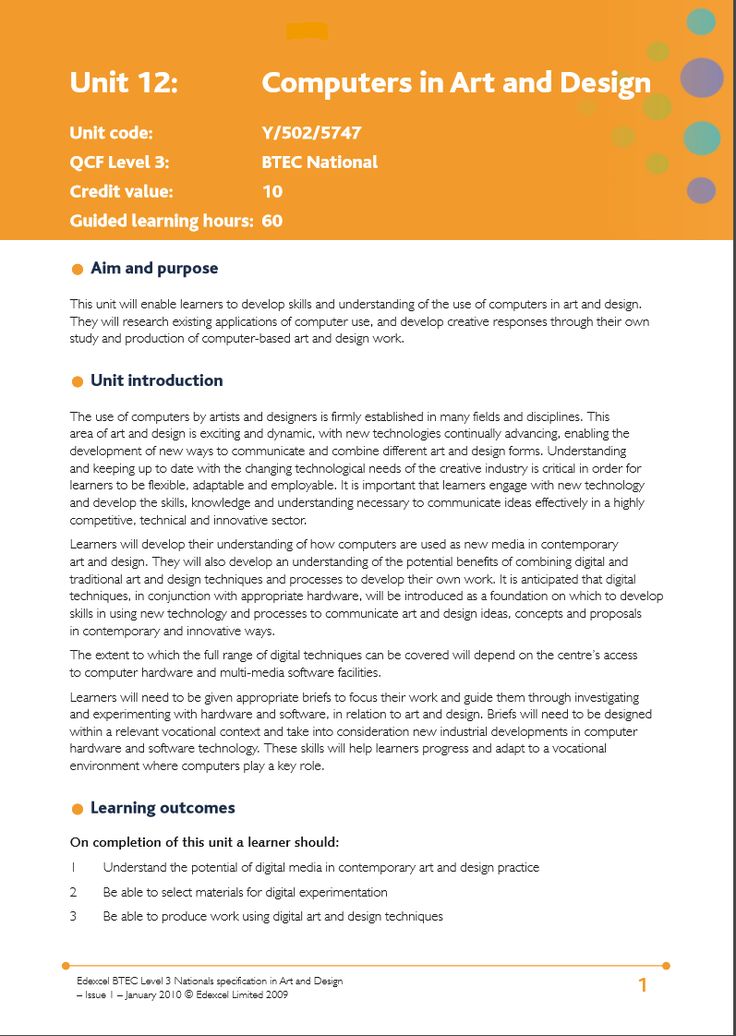
Where you live. The cost difference between a tony and decent neighborhood is enormous while the benefits aren't.
For example, part of some people's motivation to live in a fancy neighborhood is to hob-nob with fat cats. Well, you can do that at vastly less cost by volunteering to work for a nonprofit that appeals to the well-heeled: the symphony, museums, or theatre.
An even more common reason people opt to spend big on a designer-label neighborhood is that they think their kids will turn out much better in those locales' public schools. At best, that's an open question. The higher achievement in high-income schools is largely because the kids and their families are--to use the current argot—more privileged—not because of a major difference in instructional quality. From the classic Coleman Report on forward, study after study finds high correlation between socioeconomic status and student achievement.
It's even unclear whether more money is spent per student in fancy neighborhoods.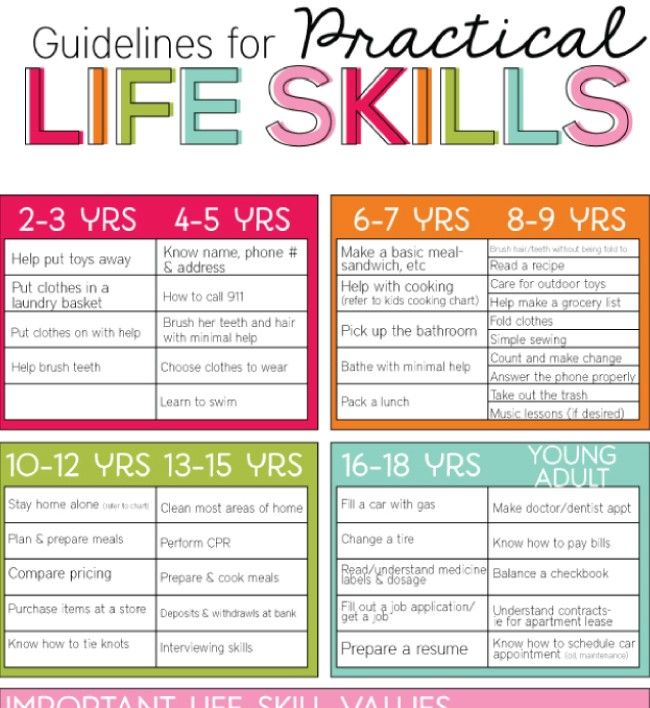 For example, when counting all sources of of funding—federal, state, and nonprofit—inner-city schools may have more money and smaller class sizes.
For example, when counting all sources of of funding—federal, state, and nonprofit—inner-city schools may have more money and smaller class sizes.
An argument can even be made that it's better for a child's peer group to be socioeconomically mid-range than than hoity-toity.
What you buy. The typical statusmobile—e.g., Mercedes, Jag, or Beemer—costs 400% as much as, for example, a middle-of-the-line Toyota Corolla. One might begin to understand buying a statusmobile if it required less service and broke down less often. But, except for Lexus, it's the opposite! They require more service, more expensive service, and break down more! For example, in Consumer Reports ranking of reliability, of the 28 brands, Toyota ranks #2 right behind Lexus, BMW #11, Porsche #14, Lincoln #16, Mercedes #21 and Cadillac #25 just slightly above last-place Fiat,. There’s nothing prestigious about being stuck on the side of the road with your Mercedes, waiting for a tow truck—something I saw yesterday with, I must admit, a bit of schadenfreude.
I also roll my eyes at fashionistas, who walk around with their chests and butts as billboards for overpriced brands. Why overpriced? Because designer-label companies spend millions to cultivate their image as an “in” brand and, of course, add that to the price of every pair of $600+ Gucci, Pucci, or Chu shoes.
Many practical people think big-spending fashionistas are silly and wonder if all that money and time on wrapping their exterior in fancy brands is done to cover up and distract from the inferior product within. Buying your clothes at, for example, Kohl’s or LandsEnd avoids that impression, saves you a fortune, and dresses you in timeless designs rather than the “fashion-forward” costumes you’ll soon feel the need to replace because they've gone out of style: “Narrow-bottom pants in tangerine?! Omigod, that’s so last-year. This year, you simply have to wear bell bottoms in aubergine.”
I find watches among the more amusing of such purchases. A $20 Casio tells better time than, for example, a $10,000 Rolex! I guess that's why expensive watches advertise so much.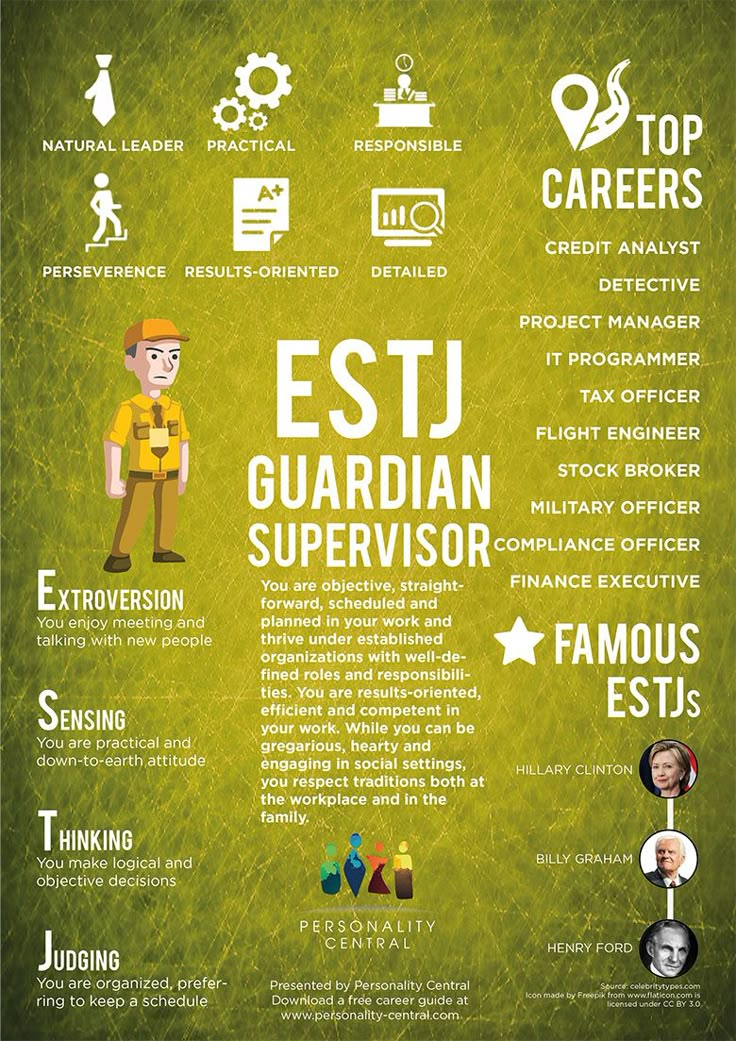 Every time I see someone wearing a pricey watch, I think, "S/hes a fool or insecure, probably both."
Every time I see someone wearing a pricey watch, I think, "S/hes a fool or insecure, probably both."
2. Do you treat time as treasure?
- Meals. Practical people realize they can prepare healthy, tasty, inexpensive meals with little shopping and preparation. For example, a dinner of salad, broiled and seasoned meat or fish, a steamed and seasoned veggie, and fruit for dessert, takes little time and money, and is healthy and tasty.
- Recreation and travel. Practical people realize that frequent few-minute breaks during the work day, few-hour entertainments during the evenings and weekends, and an occasional day-trip and even more occasional weekend trip yields far more pleasure at less cost than long flying vacations. The latter require far more cost, stress preparing for and recovering from, and an experience that often, like childbirth, is filled with unexpected problems that must be suppressed so they'll spring for yet another such vacation.
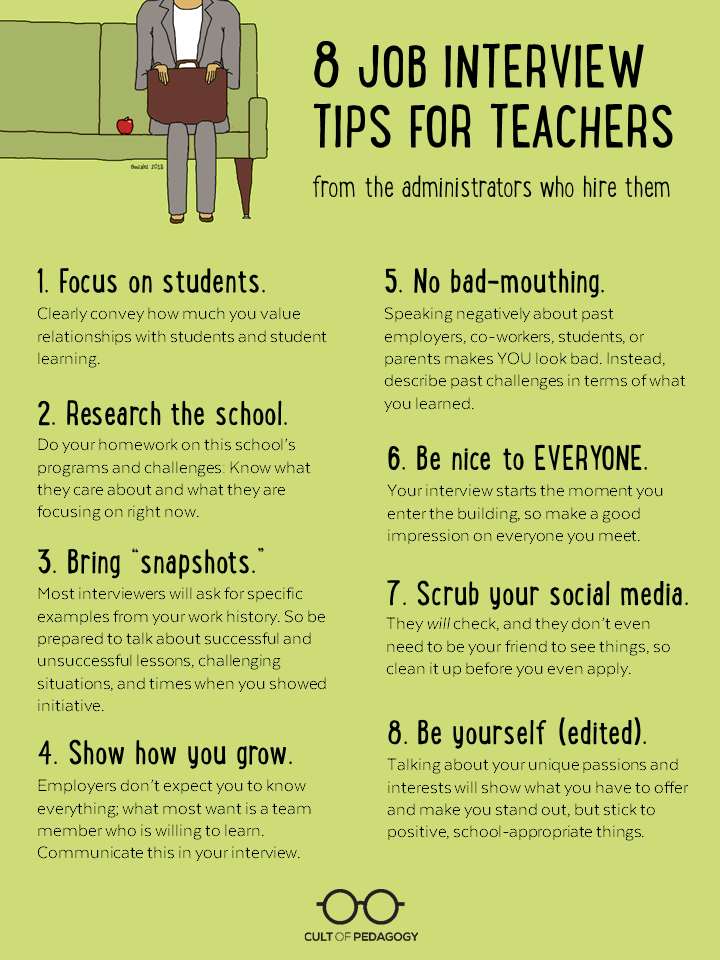
- Chores. Practical people hire someone to do work that frees them up for things they'd rather do.They might hire someone to clean their place, do errands, bookkeeping and billpaying. With the found time, they do something more productive or fun. Even if you're of modest means, hiring someone for a few hours a week at $15 an hour frees you to do things that will earn much more than that.
3. In relationships, do you use your head at least as much as your heart?
Long-term relationships. Practical people don’t let the swoon of infatuation catapult them onto the marriage locomotive. Once that train takes off—you tell people, plan the wedding, send out the invites—it’s very difficult to stop...until after the wedding when the relationship’s problems slowly magnify while the infatuation fades. And now, the legal entanglement makes dissolution far more expensive and stressful.
Practical people take their time before marrying and certainly don't think they'll change their partner after marriage. I lived with my wife for three years before marrying her, at which point we both were confident, rationally and emotionally, that it would work. It's been almost 40 years since then, and we were right.
I lived with my wife for three years before marrying her, at which point we both were confident, rationally and emotionally, that it would work. It's been almost 40 years since then, and we were right.
Friends and family. Practical people don’t assume that “blood is thicker than water." Just because someone’s a family member doesn’t necessarily imply you have major obligation. After all, you didn't choose your family. You were placed there by chance.
You may have better things to do with your time than, for example, to indulge your ne’er-do-well family member who keeps hitting you up for whining time and/or money. Yes, you may feel your family are your peeps. After all, you may share genetics and lots of experiences. But sometimes, the people you’ve chosen to be close to—platonic and romantic—can be more worthy of your time. At least practical people tend to think that.
The takeaway
So, are you as practical as you want to be? If not, is there at least one thing you’d like to do differently as the result of having done this self-inventory?
Practicality A practical person (Practicality) | What is Practicality A practical person (Practicism)
— Oh, yes, a comet… — Moominmamma said anxiously.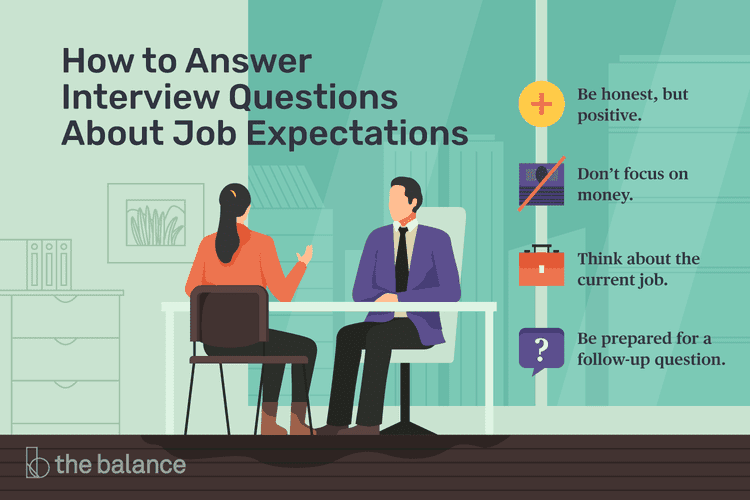 — The muskrat calculated,
— The muskrat calculated,
, that it would fall into our garden in the evening. So I didn't weed it.
Moominmama. Moomintroll and comet. Tove Jansson
Practicality as a personality trait - the ability to simply solve complex problems, the ability to be well versed in practical, life matters, to be able to solve everyday problems, to show reasonable initiative and efficiency, preferring in their activities what gives real results.
One astrologer was walking along the road and looked up at the stars. He became so interested in their unusual location that he did not notice the danger and fell right into the ditch. A stranger passed by and, seeing how he was lying completely in the mud, said: “Friend, you must draw a conclusion from this: let the stars go their own way, and you, in turn, being on earth, must walk carefully and carefully look under yourself. legs. We must not only think about the future, we must be practical in the present.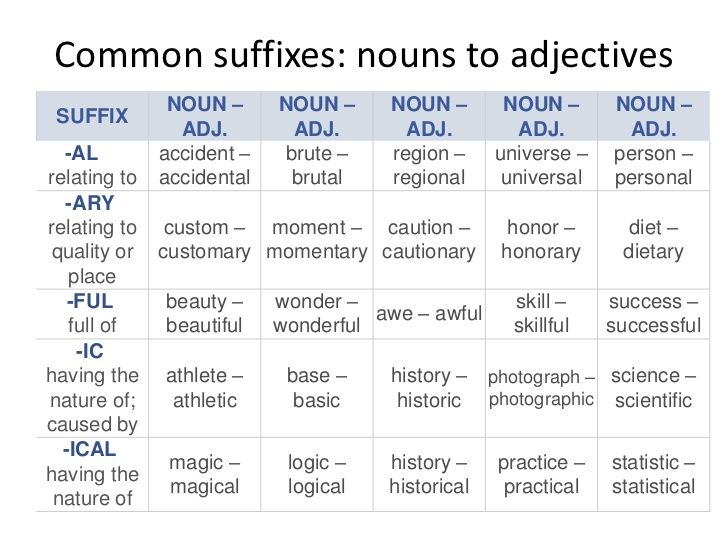 ”
”
Practicality - the ability to be efficient and prosperous. Prosperity is the basis of practicality. People, striving for prosperity, strive to be practical not only in the financial sphere, but also in the field of health, building relationships with people, satisfying physiological, emotional, intellectual and spiritual needs.
People actively seek authoritative, practical knowledge. They are very concerned about the degree of their own practicality. Everyone wants to be successful, efficient, at the same time they want success to be moral and environmentally friendly, clean, so that there is harmony with oneself and with the outside world, so that one can rightfully consider oneself a worthy, mature and integral person.
Authoritative, practical knowledge makes it easy to solve complex problems. Knowing the cause-and-effect relationships and interrelations of various phenomena and processes, one can easily cope with the difficulties of life. In a word, you need to know what “thread” to pull so that a complex problem opens up and becomes clear.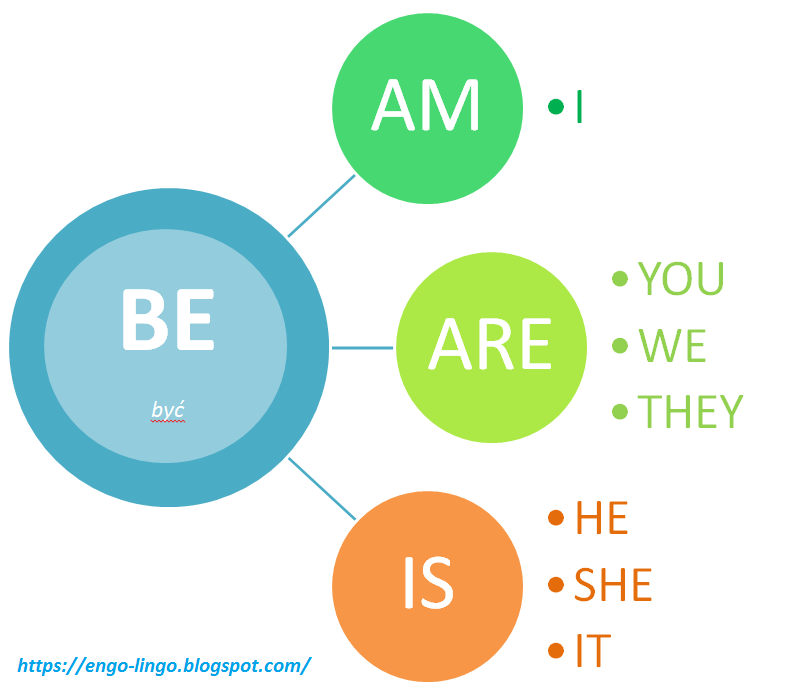 In other words, practicality is knowing what to pull, what to press, where to hit.
In other words, practicality is knowing what to pull, what to press, where to hit.
This story took place in the last century. Once, a steam generator failed in one of the English factories. What kind of specialists the manufacturer did not invite, but no one could fix it. And then one day a stranger came and said that he could fix the generator. Fabrikant was surprised, but decided to give the master a chance. Carefully and methodically, he began tapping various parts of the machine, listening carefully to the sounds that the metal surface made. In ten minutes, he tapped pressure gauges, thermostats, bearings, and connections where he suspected the damage was. Then he approached one of the elbows and gave a light blow with a hammer. The effect was immediate. Something moved, and the steam generator started working. The manufacturer thanked the master for a long time, and asked him to send an invoice, where all types of work would be scheduled. Here's what was written on the bill: For ten minutes of tapping - 1 pound.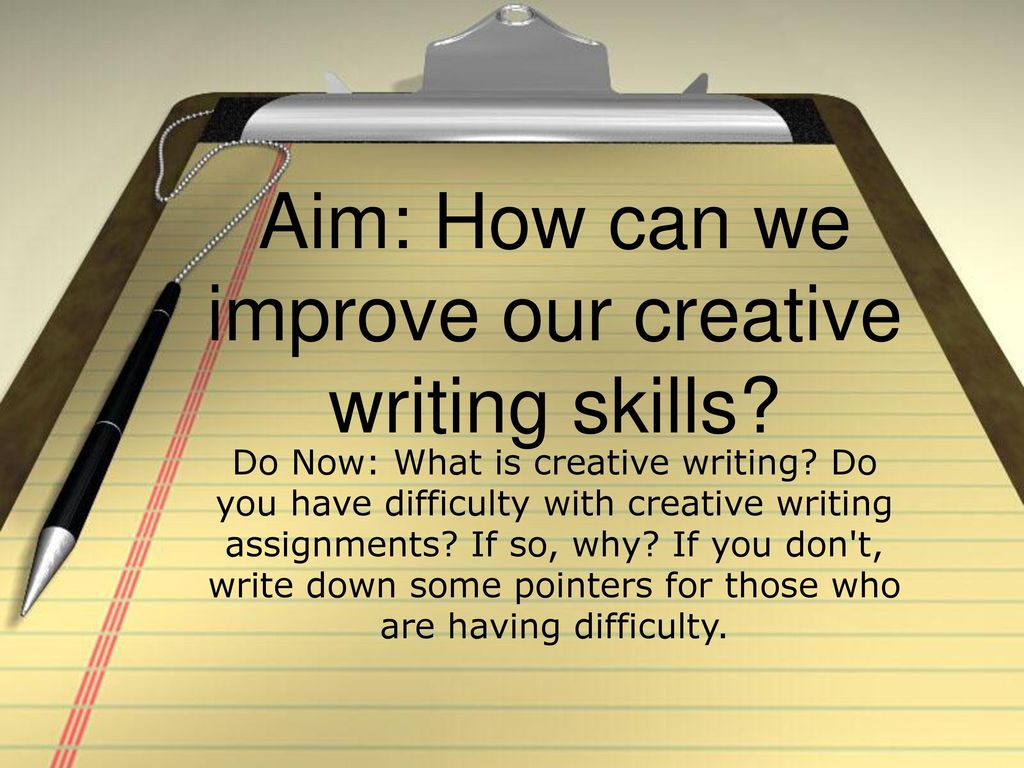 For knowing where to hit - 9999 pounds. Total: 10,000 pounds. This is practicality.
For knowing where to hit - 9999 pounds. Total: 10,000 pounds. This is practicality.
In India, a little boy pulls a huge buffalo out of a lake by a thin rope. And the rope for the ring is tied in the nose. A multi-ton buffalo obediently follows the boy. The boy knows where to tie the rope. This is practicality. No wonder Paul Lafargue wrote: "A cold mind, prudence and practicality, a look that strikes with its calmness - these are the features that distinguish a real man."
A person communicates with elders, equals and juniors. The elder is the one who is older than us in age, education, administrative position, professionalism, etc. Equal are those who go through life's trials with us in the same harness. Philosopher Vyacheslav Ruzov says: “It can be a different age, a different position, something else. But if we go through the same tests, we are equal, we are in the same boat. And the one who goes through the same tests, he can help us in a very practical way. And the older one can no longer help.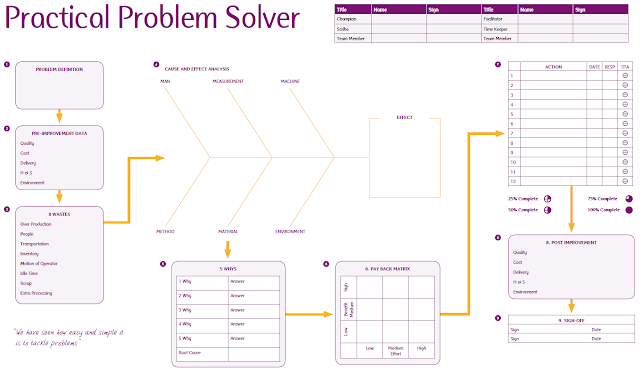 The older one will be less practical for us. He can give us a way. He gives us a way, some beacon. But he who is equal, he can row.
The older one will be less practical for us. He can give us a way. He gives us a way, some beacon. But he who is equal, he can row.
Therefore, practicality comes from fellowship with equals. That is, communication with equals brings a practical solution to our problems. Communication with elders provides a theoretical solution to our problems. Associating with equals provides a practical solution to our problems. Therefore, conceptually, we solve our problems quickly if we can communicate with equals. This is a separate category ... Very practical - communication with equals .... What someone has done is very practical. If you can’t make some kind of dumpling or toast, everything spreads. You saw a man, he feeds you this toast or dumpling: - Listen, what do you add? He says: this is it. It's clear. We tried it - it worked. What's the problem? Those. this practicality is very effective. When a person really does this every day, then you can solve this situation with simple advice, simple! There is no great philosophy, no great theory.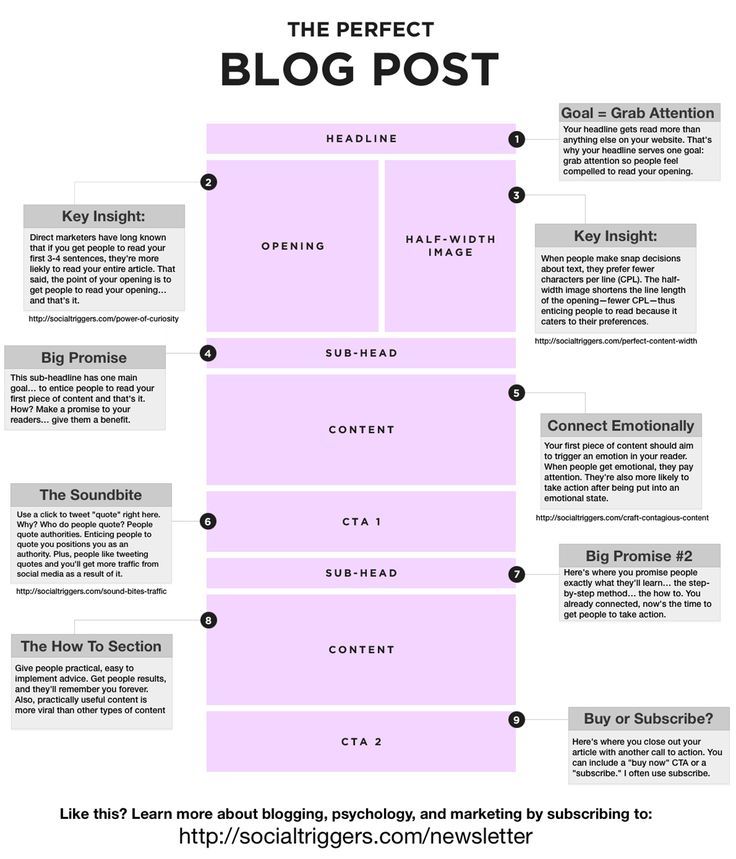 It's just that the person is already doing it. He just knows how it all ends. He already does it. Therefore, since you are in the same situation, he just gives advice: do it like this, and that’s all. He says: is everything clear? This is practicality. Therefore, if a person is already doing it - yes. If he does stupid things, don't. You have to be reasonable. Therefore, if a mother says that she calms the child by adding beer to his milk. Maybe you shouldn't take this advice. There are such mothers. But I still hope that we are reasonable and do not take advantage of such advice. Correctly? But if, indeed, everything is practical, why not apply?
It's just that the person is already doing it. He just knows how it all ends. He already does it. Therefore, since you are in the same situation, he just gives advice: do it like this, and that’s all. He says: is everything clear? This is practicality. Therefore, if a person is already doing it - yes. If he does stupid things, don't. You have to be reasonable. Therefore, if a mother says that she calms the child by adding beer to his milk. Maybe you shouldn't take this advice. There are such mothers. But I still hope that we are reasonable and do not take advantage of such advice. Correctly? But if, indeed, everything is practical, why not apply?
Studying the properties of practicality, Anatoly Len singled out the following nuances: “A practical person is able to turn everything to his advantage - even losses and betrayal. Acting practical is the rule of common sense. A practical person knows a lot about everything, he will find a way out in any situation, he is down to earth with reality.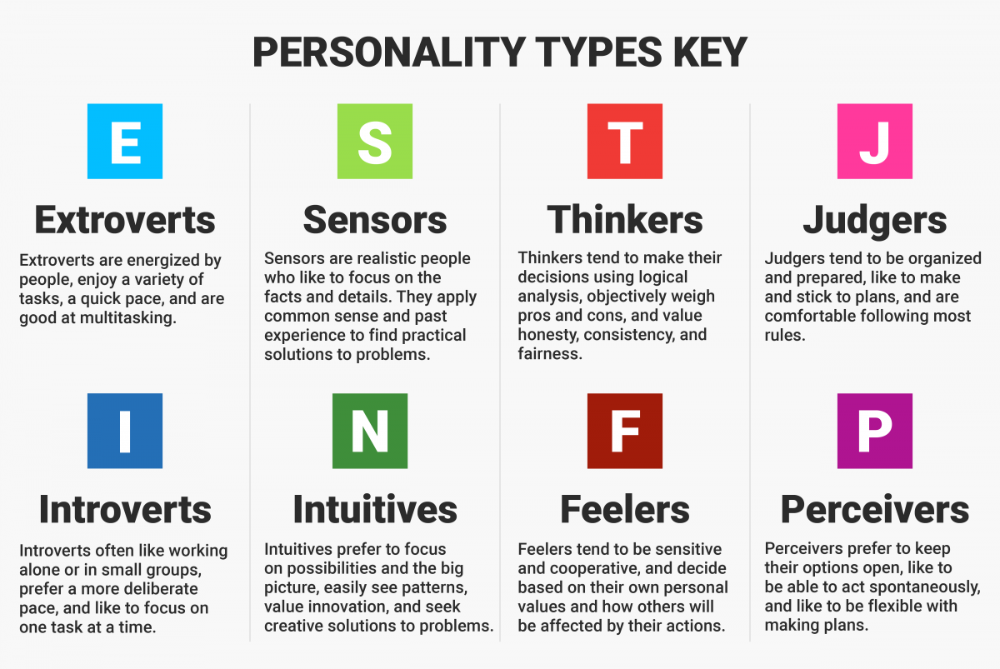 Fantasizing, fascination with higher matters is a hindrance to practicality. Practicality is not a friend to illusions, it cannot be penetrated by empty ideas, it does not fly in the clouds.
Fantasizing, fascination with higher matters is a hindrance to practicality. Practicality is not a friend to illusions, it cannot be penetrated by empty ideas, it does not fly in the clouds.
Practicality says: — Trust, but verify! You always need to analyze, compare, compare, try, observe the development process, correctly apply your mind. This is practicality.
Practicality is the ability to see several steps ahead. Terry Pratchett writes: “If you kill merchants, if you rob too much, they will never come back. Get stupid. And if they are released, they will become rich again - and our sons will rob them. This is wise. — Hmm… that is, everything is like in agriculture? Vimes said. - Right! But if merchants are planted in the ground, they do not grow very well.”
Practicality: Three sons lived with their father. And they rented out their apartments ...
Practicality in family relationships:
He always blew off a speck of dust from his wife,
And there was certainly a reason for this -
Well, you must admit that this half of
is much easier to wear on your hands . ..
..
Practicality can be in demand even at a wedding. One student was preparing for the wedding. Out of compassion for the poor, she persuaded her parents to act contrary to generally accepted rules. It was announced that at the banquet the poor guests would sit at the head of the table, and the rich at the door. The girl looked at the Master, expecting to see approval in his eyes. After some thought, the Master said:
- This is a very unwise decision. Such a wedding will not please anyone. Your parents will be embarrassed, the rich guests will feel insulted, and the poor will be left hungry, because they will feel awkward being in front of everyone.
Petr Kovalev 2014
My address: [email protected]
Other articles of the author: https://www.podskazki.info/karta-statej/
90 situations
There is an opinion that only practical people can survive in the modern world ... Let's try to figure out whether this is true or not, and also find out what practicality is. How do you like this idea?
How do you like this idea?
Practicality is...
First, let's find out the meaning of the term. Psychologists say that practicality is a character trait of a person, with the help of which he can quickly solve problems that require realism, common sense, and even some composure. Practical people are always "here and now" and firmly on their feet. They know how to benefit from any business for themselves or for their loved ones. These people tend to have concrete thinking. They set themselves specific goals and, as a rule, achieve them. Practicality is the ability to manage money well, as well as some thrift.
Indeed, it is much easier for a practical person to adapt to our changing world, which is ruled by money. He is always aware of all events, it is easy for him to get used to changes, as he always looks at everything from a practical point of view. How better, how profitable, how rational - in most cases, a practical person thinks in such categories. He really knows what he wants.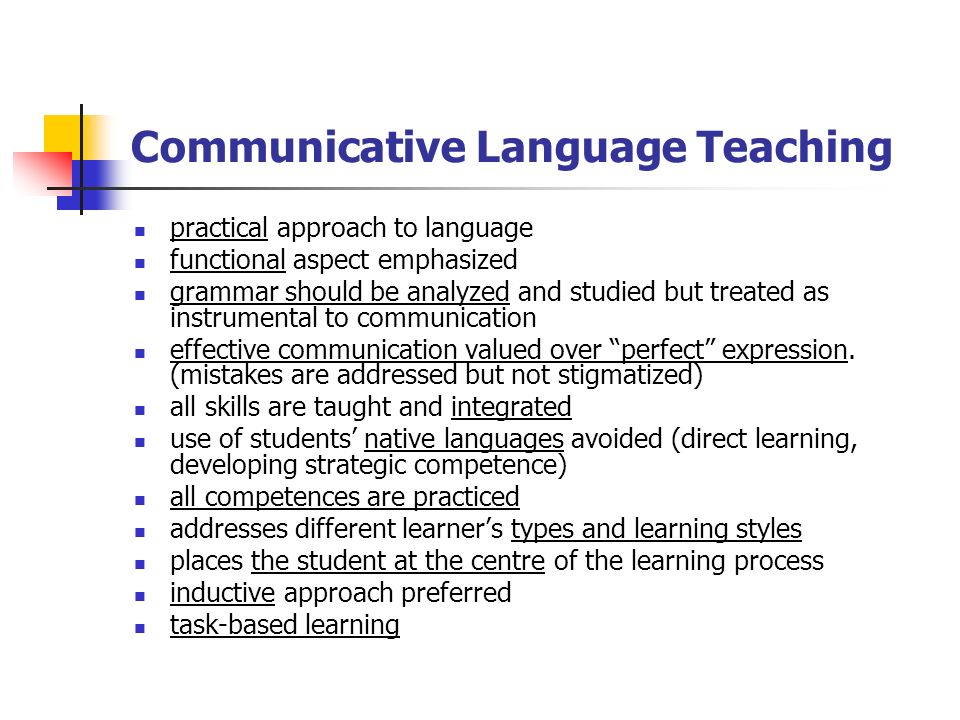 You can condemn such people, motivating this by the fact that they are guided exclusively by the material, that everything beautiful and spiritual is alien to them. However, this would be wrong. A practical person can be kind, honest, sincere, sympathetic ... That is, possess all those qualities that we call positive. Human practicality is more of an advantage than a disadvantage.
You can condemn such people, motivating this by the fact that they are guided exclusively by the material, that everything beautiful and spiritual is alien to them. However, this would be wrong. A practical person can be kind, honest, sincere, sympathetic ... That is, possess all those qualities that we call positive. Human practicality is more of an advantage than a disadvantage.
People who are dreamers
There are people who are the exact opposite of practical people. They are dreamy, naive, more inward-oriented, they are distinguished by a fairly rich imagination. Such people are full of original ideas, they know how to create and create something new. Practical people, as a rule, work in the economic, technical, legal fields, where cold reason is most often needed, not emotions. The dreamy ones find themselves in writing, painting, music, and the humanities.
Our world is very multifaceted, so both people are equally needed and in demand, so it's not worth saying that practicality is the most necessary character trait.

